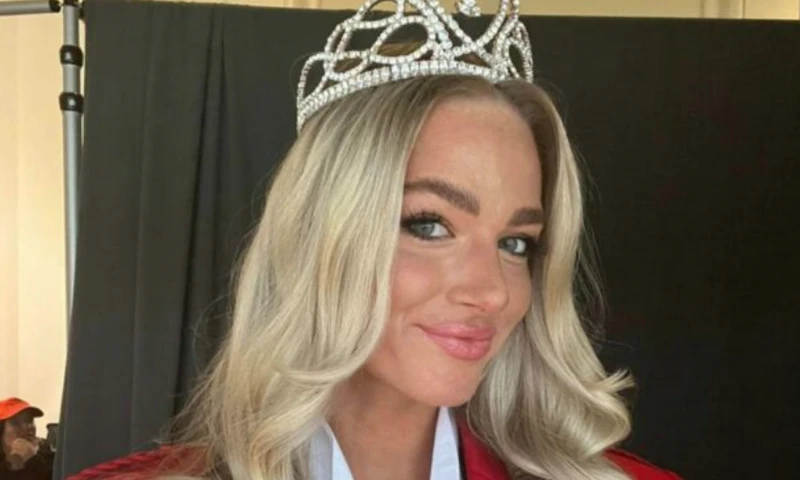As if we didn’t have enough on our plates already with the imminent return of Covid, monkeypox, rising energy costs and all the rest of it, here’s something else to keep you up at night – an impending invasion of cannibalistic ladybirds with STDs.
With the nights getting darker and temperatures dropping, experts warn that thousands of Harlequin ladybirds are on their way, having previously invaded the UK a few years back.

The good news is that scientist Dr Helen Roy of the UK Centre for Ecology and Hydrology has assured that the Harlequin species poses no threat to humans, but I would avoid having sex with them just in case. Although it’s definitely bad news for the UK’s native species of ladybird – the two-spot.
According to the UK Ladybird Survey:
“The invasion of the harlequin ladybird (Harmonia axyridis) threatens our native ladybirds and other species.”
The dataset gathered by the survey says ‘seven out of eight native species of ladybird [in the UK are] declining and this [is] strongly linked to the arrival of the harlequin ladybird’.
“People can still find them. They are declining – not to an absolutely detrimental level – but it is a bit concerning.”
Harlequin Ladybird, succinea form, photographed in the garden yesterday. Harlequins are by far the most numerous ladybirds in the garden this year. @UKLadybirds pic.twitter.com/5AMhp4MOAg
— Cliff (@FyldeWildlife) May 17, 2022
It’s actually not the sexually-transmitted fungus that poses the biggest threat to the UK’s native ladybird species, but rather the competition for the same habitat and food, as well as the fact the Harlequin ladybird will straight up eat the UK ladybird alive, as it its nature.
Dr Roy said:
“Those ladybirds [the two-spot] also feed on aphids and the harlequins out-compete them.
Also the harlequin ladybird has a very broad diet and will eat some of the other ladybirds. The two-spot ladybirds have this very high level of overlap in terms of where the two live.
The climate crisis has also caused issues for the survival of the two-spot ladybird by interfering with the ‘healthy functioning environment’ that is needed for ‘all these different species to be playing their part’.”
So should we grab a shoe or whip out a fly swatter whenever we see one of these things? Dr Roy would rather we didn’t:
“I would really encourage people to just leave them because of the possibility they will confuse them for another species.”
Instead, UK residents should leave ‘messy patches of garden’ and putting out ‘shallow dishes of water’ to help boost the bug’s natural habitats and hydration so there’s less competition in a bid to reduce the cannibalistic Coccinellidae. Go on, make yourself useful!
To watch a mosquito literally explode after drinking too much human blood, click HERE.















